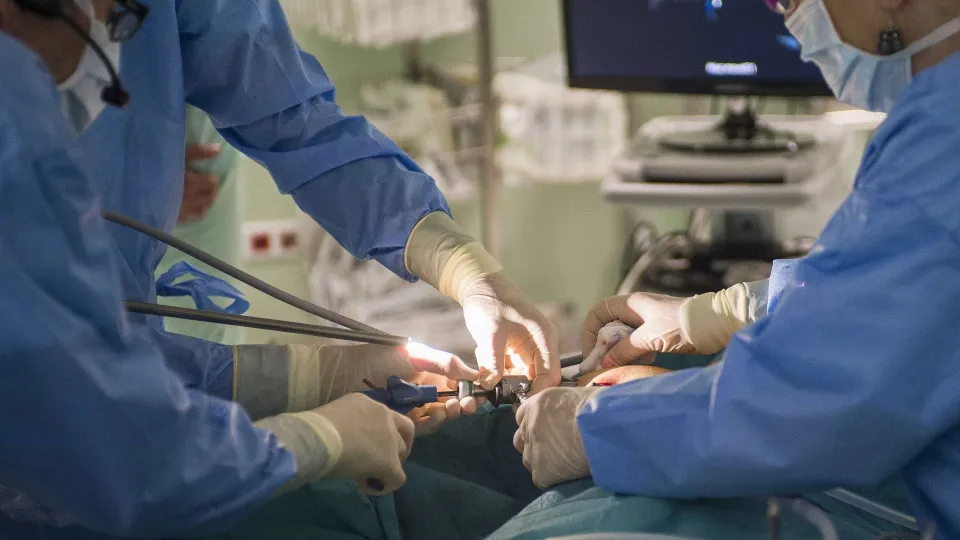
The coordinator of the working group developing the SINACC announced today that tests for the new system at the Local Health Units of Coimbra and Alto Ave and the Portuguese Institute of Oncology in Lisbon are proceeding smoothly without issues.
Initially, SINACC was scheduled to be fully operational across the National Health Service (SNS) by the end of November. However, Joana Mourão stated that due to the necessary user training, this is now expected to occur by the end of the year.
According to the doctor, hospitals are required to have a certain percentage of users—both doctors and managers—trained in SINACC. While this training is underway in all local health units of the SNS, it is still “not as extensive as needed.”
“We need to train more people,” Joana Mourão emphasized, noting that the working group she leads has received positive feedback regarding SINACC’s performance in institutions where it has been tested for about a month.
SINACC will replace the current Integrated Management System for Surgery Admissions (SIGIC), which the Ministry of Health considers “technologically outdated.”
One of the goals of SINACC is to reduce the number of patients exceeding the maximum guaranteed response time for surgeries. It will also allow patients to track their status on waiting lists, enhancing process transparency compared to SIGIC.
SINACC will be fully computerized, making it mandatory for all patient referrals to go through the system and for all requests to be submitted electronically, regardless of whether they come from family doctors or hospital specialists.
In July, during a parliamentary hearing, the executive director of the SNS, Álvaro Almeida, mentioned that the new system would also prevent doctors from choosing additional surgeries they want to perform, addressing a weakness of the current SIGIC.
The additional production regime allows surgeries outside normal team working hours in exchange for financial incentives, aimed at reducing hospital waiting lists.
At the time, Álvaro Almeida acknowledged another weakness of the current system, describing “a perverse incentive to generate waiting lists” for surgeries in public hospitals.
“The larger the waiting list, the more additional surgeries a service can perform,” stated the SNS executive director, assuring that SINACC will also mitigate this issue.
The creation of SINACC is part of the Government’s Program and the health emergency and transformation plan, approved by the previous executive at the end of May 2024.




